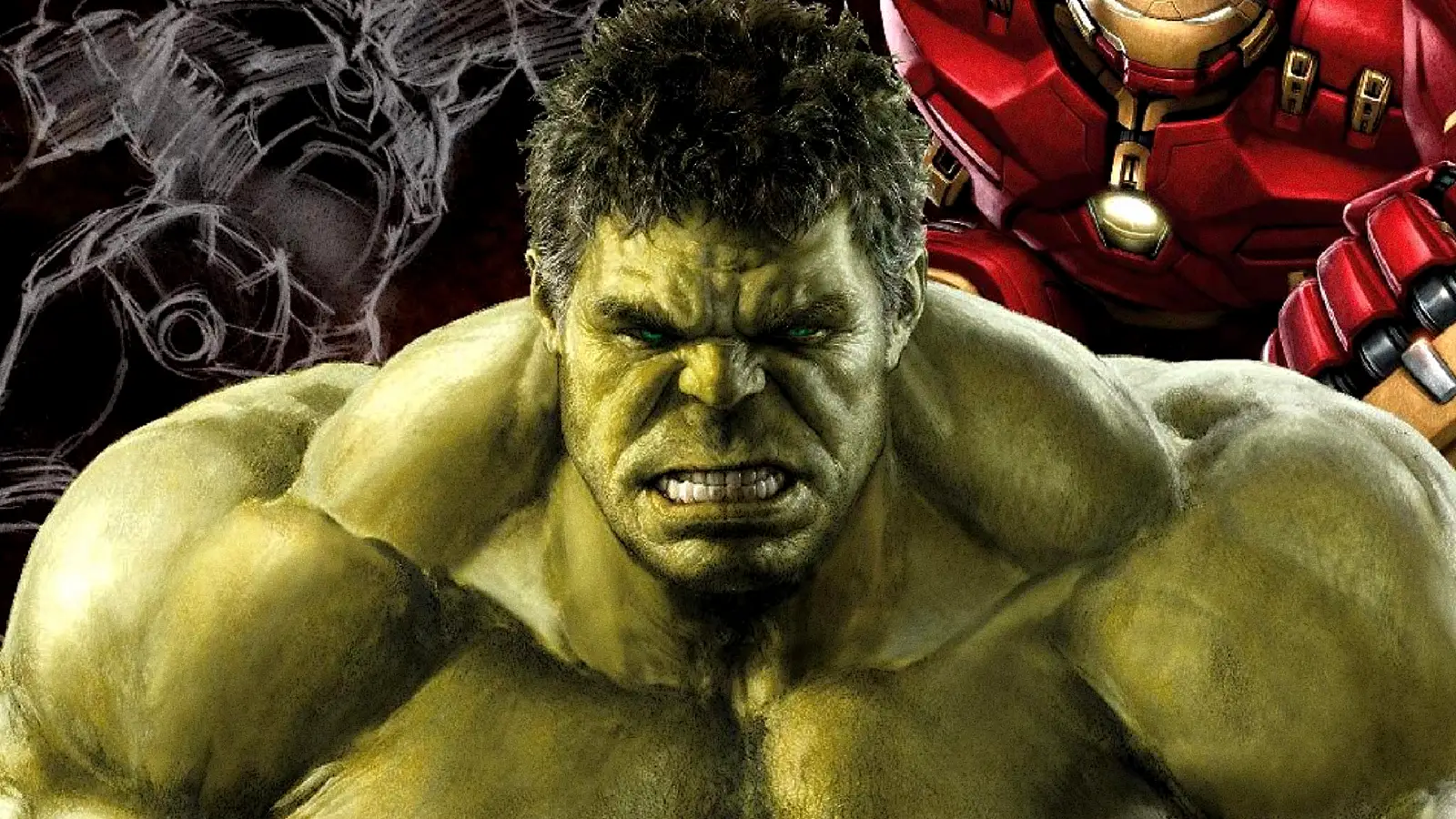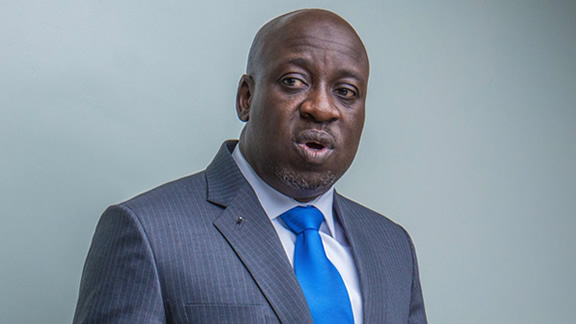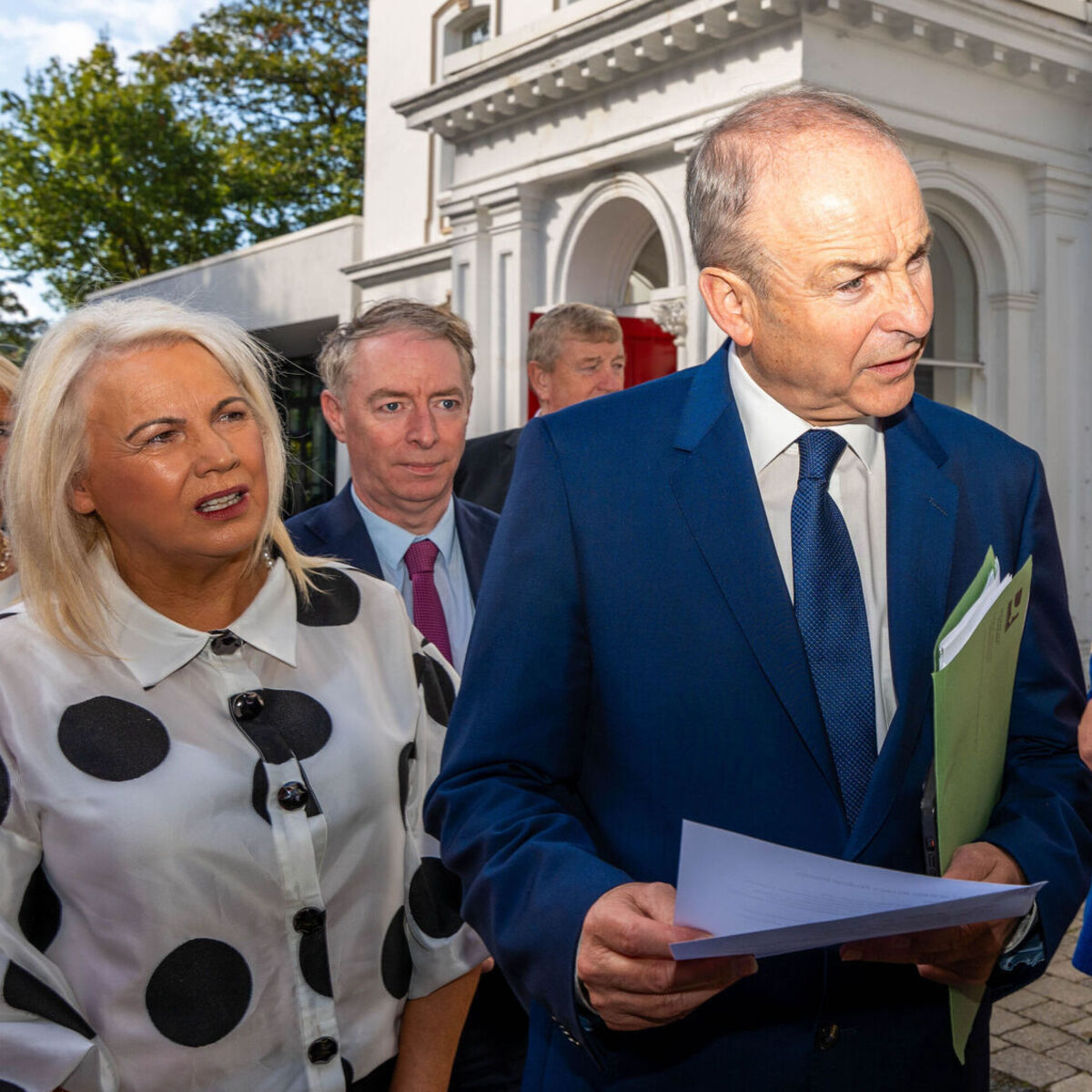
Some of Hulk’s best comic book storylines may never make it to the big screen. Despite being one of the most recognizable superheroes on the planet and a core member of the Avengers, Hulk has had surprisingly little solo spotlight in Hollywood. Across decades of live-action comic book adaptations, two big-screen feature films have been dedicated to the character, and only one of them is officially part of the MCU.
The MCU has pulled inspiration from several classic Hulk eras. However, a vast number of other iconic Hulk stories remain untouched. Some are ripe for adaptation in future phases, but many others are unlikely to ever make the jump to live action due to potential challenges in tone, scope, or practicality for Mark Ruffalo’s MCU Hulk.
Incredible Hulk: The End
Incredible Hulk: The End (2002) #1; Written by Peter David; Art by Dale Keown & Dan Kemp
In Hulk: The End, Bruce Banner becomes the last human alive after nuclear devastation leaves Earth a barren wasteland. Hulk and Banner are locked in eternal conflict, with Hulk refusing to let Banner die. Hulk: The End focuses on Hulk and Banner’s isolation and the horror of their immortality. It’s one of the darkest and most definitive “older Hulk” stories Marvel has ever published.
An MCU adaptation of Hulk: The End would be the perfect equivalent of James Mangold’s critically acclaimed Logan, but the odds are slim. It would require Marvel Studios to imagine an entire future timeline built solely around Hulk, the least likely Avenger to get a solo sequel, let alone a future-set finale. As powerful as the story is, A “The End” movie is simply too risky for the MCU.
The Incredible Hulk vs. Superman
The Incredible Hulk vs. Superman (1999); Written by Roger Stern; Art by Steve Rude, Al Milgrom, & Steve Oliff
In 1999, Marvel and DC published The Incredible Hulk vs. Superman, a one-shot crossover that paired two of the strongest icons in comics. The story leaned into a classic, almost Golden Age-inspired tone, with Hulk and Superman clashing before recognizing their mutual heroism. Featuring timeless designs and a straightforward showdown, it remains one of the most memorable intercompany Marvel/DC crossovers for fans of both universes.
Unfortunately, a Hulk vs Superman crossover will almost certainly never make it to the big screen. Rights issues alone make a live-action MCU/DCU crossover virtually impossible, especially with both franchises focused on maintaining their own cinematic identities. The DCU is still building its new continuity while the MCU seems to be heading toward a soft reboot.
Heart Of The Atom
Hulk: Heart of the Atom (1971) (Compiled in 2012); Written by Stan Lee, Roy Thomas, & Len Wein
Heart of the Atom tells the story of Hulk’s exile into the Microverse, known as the Quantum Realm in the MCU. There, Hulk meets Jarella, a green-skinned warrior princess who sees past the monster and falls in love with Bruce Banner. Hulk becomes a protector in this miniature world and even finds happiness for some time.
Heart of the Atom is one of Hulk’s several sword-and-sorcery fantasy storylines. However, Marvel is unlikely to adapt it both because it’s far too left-field, and because it’s not as well-known as other epic Hulk storylines like Planet Hulk. The romance angle between Hulk and Jarella would be a radical departure for Ruffalo’s Hulk. Most importantly, Marvel is unlikely to gamble again on a Quantum Realm movie after Ant-Man and the Wasp: Quantumania underperformed.
Pyrrhic Victory
The Incredible Hulk #344; Written by Peter David; Art by Todd McFarlane, Bob Wiacek, & Petra Scotese
Pyrrhic Victory is heavy on the personal toll of Bruce’s dual life, as the romantic bond between him and Betty becomes both his strength and his greatest vulnerability. Through Betty’s eyes, Pyrrhic Victory showcases how difficult it is for Banner’s few loved ones to deal with his Hulk alter ego. It frames Hulk’s victories as hollow when weighed against the devastating personal costs to Betty Ross.
The MCU is unlikely to revisit Pyrrhic Victory in any depth. Bruce and Betty’s romance was sidelined long ago, with Liv Tyler only briefly returning as Betty Ross in Captain America: Brave New World. Given Tyler’s semi-retirement from acting and the MCU’s shift toward newer heroes and cosmic-scale conflicts, a deeply tragic, romance-heavy Hulk story isn’t a priority.
The Pantheon Saga
The Incredible Hulk #377 (Merged Hulk’s first appearance, 1990); Written by Peter David; Art by Dale Keown, Bob McLeod, & Glynis Oliver
In The Pantheon Saga, Hulk finds himself teaming up with a secretive superhuman group known as the Pantheon, whose members each have mythologically inspired names and abilities. Across multiple smaller arcs, Hulk evolves into the leader of the Pantheon, aided by Banner’s brilliant intellect in his Professor Hulk form, originally known as “Merged Hulk”. It’s one of the most ambitious periods in Hulk’s 1990s comics due to its mix of sci-fi and cosmic politics.
The Pantheon Saga takes Hulk far outside the Earth-based conflicts where Marvel Studios prefers to keep him, with several space-opera elements the MCU is unlikely to explore anytime soon. An MCU adaptation would require complex set-up. Considering Hulk himself is unlikely to star in a new solo movie, the Pantheon Saga’s sheer scale is even less likely to be his next live-action storyline.
Incredible Hulk: Crossroads
Crossroads (Incredible Hulk Vol. 1, issues #301-313) (1984); Written by Bill Mantlo & Alan Kupperberg; Art by Bret Blevins, Sal Buscema, & Mike Mignola
Incredible Hulk: Crossroads takes Hulk deep into Marvel’s mystical realms as Doctor Strange casts the Green Goliath into an interdimensional nexus. Hulk wanders into surreal worlds, each reflecting his inner turmoil. It’s a particularly introspective Hulk arc, but also one of the most lighthearted and fantastical dives into Bruce Banner and Hulk’s inner conflict.
The MCU might eventually delve into Bruce Banner’s fractured psyche and childhood trauma, as well as Savage Hulk’s real origins. But as fascinating as Crossroads is, its interdimensional setting, bizarre antagonists, and dreamlike fantasy tone would be difficult to pull off. Anything resembling Crossroads is unlikely to happen during the already crowded Avengers: Doomsday and Avengers: Secret Wars. And once the Multiverse Saga wraps, Marvel will probably pivot away from interdimensional stories.
Lest Darkness Come
The Incredible Hulk #420 (1994); Written by Peter David; Art by Gary Frank, Cam Smith, & Glynis Oliver
Lest Darkness Come is one of the darkest Hulk comics ever published. The story takes place during the AIDS epidemic of the 1990s and examines serious themes such as discrimination, misinformation, and self-harm. Hulk’s physical strength takes a backseat as he desperately tries to help his friend Jim Wilson through all means necessary, but he fails anyway. Despite centering around the Hulk, it’s a somber exploration of a real-world tragedy.
Lest Darkness Come is simply too grim for mass audiences and too niche within Hulk’s history. Hulk is already one of Marvel’s least likely heroes to get another solo movie, and a film with little action and heavy, real-world themes would be an especially tough sell. Ang Lee’s 2003 Hulk attempted a cerebral approach, and its poor reception proves why Marvel Studios probably won’t go down that road again.
The Immortal Hulk
The Immortal Hulk (2018) #1; Written by Al Ewing; Art by Joe Bennett & Paul Mounts
Al Ewing’s The Immortal Hulk redefined Hulk with a terrifying new spin, turning Bruce Banner into a full-fledged horror creature. It leans heavily on cosmic horror and body horror and dives deep into the chilling implications of Hulk’s immortality. The Immortal Hulk is one of the most acclaimed Hulk comics of all time, and fans almost universally regard it as Hulk’s modern masterpiece.



